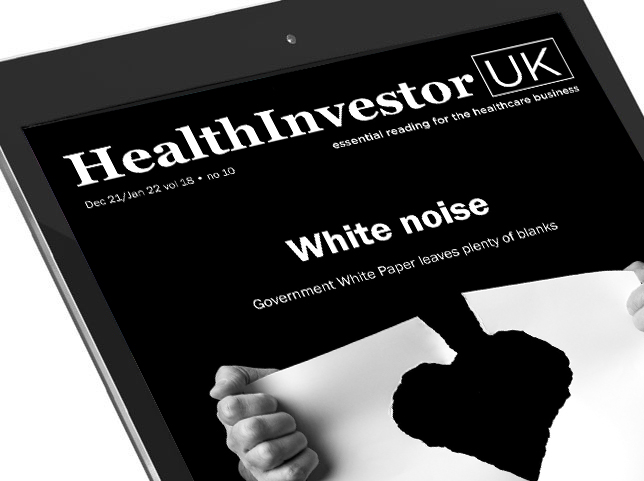Wizards of Oz
From an operational perspective, 2020 was a year like no other for private hospitals groups. From a corporate perspective, 2021 is shaping up to be just as transformational – following Ramsay’s dramatic £1 billion offer to acquire its listed rival, Spire Healthcare.
In an announcement to the London Stock Exchange on 26 May, the boards of Ramsay Health Care and Spire Healthcare Group said they had agreed on a price for the group – and, crucially, that the offer has the blessing of MediClinic, which holds 29.9% of the shares in the business.
For the deal to go through, Sydney-headquartered Ramsay requires a threshold of 75% of shareholders to approve the transaction – and initial reports suggest there may still be some work to do on that front, with unnamed sources suggesting to Sky Business News that the offer undervalues Spire.
The offer effectively prices Spire at an 11x EBITDA multiple, which in normal times would be a reasonable – if not overly generous – figure. But with 2020’s earnings dampened by Covid-19 and the NHS waiting list numbers soaring, there are grumblings from some shareholders that the price is too low.
On the assumption the deal goes through, with or without a revised price, the impact on the private healthcare landscape will be profound. In a market dominated by a few large players, a combined Ramsay and Spire would create an operator of real scale.
Commenting on the deal, Ramsay’s global chief executive Craig McNally said: “The proposed combination builds a broader platform to take advantage of the opportunity for sustained growth in the £5.8 billion UK private hospital sector… Ramsay and Spire together would lead the way on patient outcomes through bolstered partnerships with private health insurers, the NHS, consultant partners and associated clinical networks.”
For Ramsay, the logic certainly stacks up. Greater scale results in greater power in the market – with insurers, with consultants and with the health service. However, for a sector that is no stranger to the Competitions and Markets Authority, would such concentration of power be allowed in a single provider?
Ramsay certainly seems confident that the ultimate answer is yes. With previous investigations focusing on local monopolies, there is an acknowledgement that single hospital divestments may be required to satisfy the regulator – but this would be a small price to pay for a business that could combine Spire’s private pay revenues with Ramsay’s heritage of working closely with the public sector.
Speaking to HealthInvestor UK, Ramsay UK chief executive Andy Jones says the deal makes a lot of sense against a backdrop where demand outstrips supply. “The backlog of patients and the waiting list situation is going to continue to grow – there are more people joining every day and it probably doesn’t count everyone that will need treatment,” he says. “The whole system needs to be at 120% capacity for several years… and both businesses have more capacity that could be put to use”.
It’ll take another two to three months to see if the Australians can get the deal over the line, but fortune favours the bold and Ramsay looks to have put itself in a very strong position in the UK market.
Vernon Baxter,
Managing director, Investor Publishing





